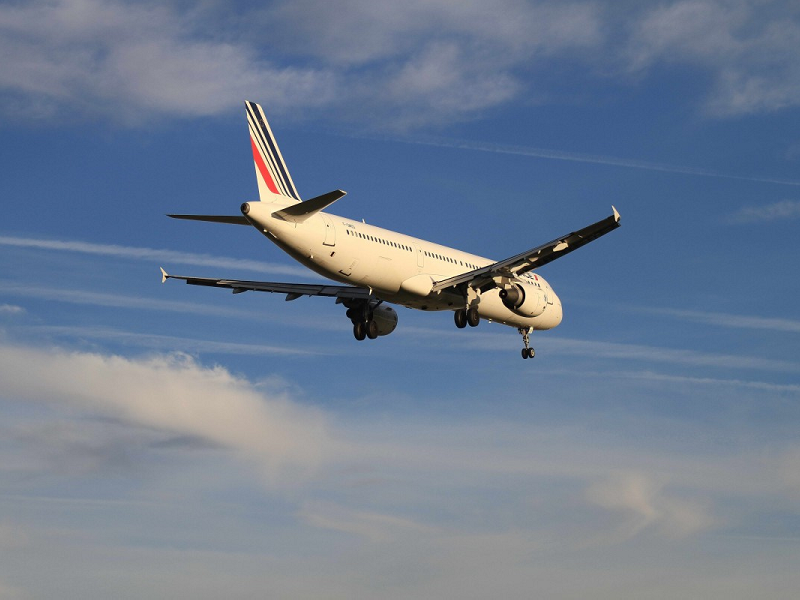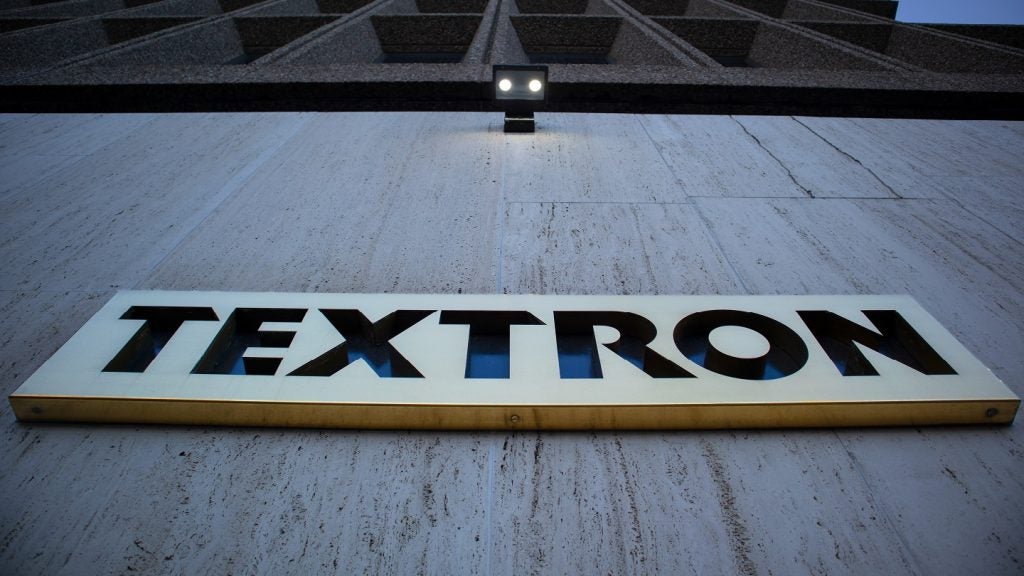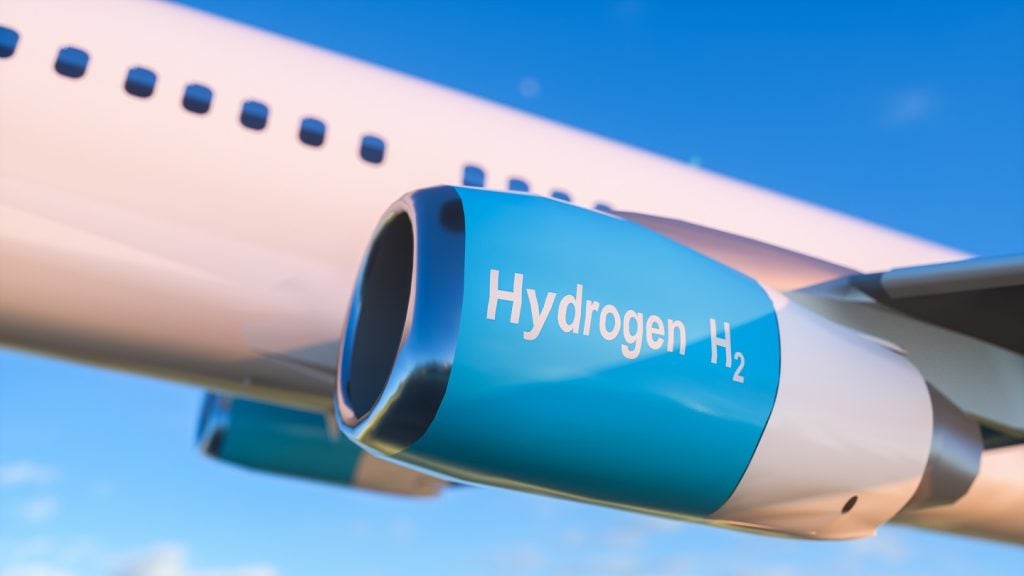
In July this year, French Transport Minister Elisabeth Borne announced plans to introduce an eco-tax on all flights departing the country as early as next year.
A controversial move that sparked both outrage and support from the aviation industry, environmental campaigners and consumers, the tax is expected to generate €180m from 2020 by increasing the average ticket price per passenger.
Announcing the tax in July, Borne explained that EU-bound flights departing from France will be taxed an extra €1.50, while economy flights to countries outside the EU will face a €3 increase, their business alternative going as high as €9 per passenger – though the latter is expected to go up to €18 in the coming years.
The tax, presented as part of France’s 2020 budget, affects all flights except for those directed to Corsica and French overseas departments and territories, and is aimed at making national aviation more sustainable.
However, some of the industry’s most prominent stakeholders – including the International Air Transport Association (IATA) and national flag carrier Air France – were quick and loud in expressing their reservations on the tax, which Air France claimed would generate “an additional cost of over €60m per year for the Air France group”.
On the other side of the spectrum, enthusiastic approval came from NGOs and environmental groups, which argued the introduction of the tax was key in bringing down carbon emissions within Europe’s arguably undertaxed aviation industry.
How well do you really know your competitors?
Access the most comprehensive Company Profiles on the market, powered by GlobalData. Save hours of research. Gain competitive edge.

Thank you!
Your download email will arrive shortly
Not ready to buy yet? Download a free sample
We are confident about the unique quality of our Company Profiles. However, we want you to make the most beneficial decision for your business, so we offer a free sample that you can download by submitting the below form
By GlobalDataA few months later, debate on the effects of the eco-tax is ongoing; how successful will it be and is taxation the best way to make aviation more sustainable?
The wider issue of aviation taxes in the EU
France’s announcement came at a time when aviation taxes are headlining policy conferences and debates throughout Europe.
In June this year, air taxation was the object of international discussions in The Hague, where representatives from 29 countries deliberated on the possibility of implementing ticket taxes, kerosene levies and value-added tax (VAT) on flights under the guidance of France and the Netherlands.
The conference came only weeks after the publication of a study called ‘Taxes in the field of aviation and their impact’, which was commissioned by the EC and compared different air tax regimes within the EU with non-EU members including the US, Australia and Brazil.
The study, which EU sources labelled as simple “food for thought” and not representing “any findings or recommendations on the part of the European Commission”, brought to light a stark disparity between the EU and its main aviation competitors, as – contrary to EU member states – the likes of the US, Australia and Japan all levy an excise duty on jet fuel.
Analysis carried out by an independent consultant within the study also concluded that while new or increased aviation taxes would have a negative impact on the aviation industry, it would have almost no impact on GDP and employment, as well as help reduce emissions and noise by 9%-11% in most member states.
T&E’s conclusions
According to a briefing on an early draft version of the report by Brussels-based environmental group Transport and Environment (T&E), the study showed that European aviation is “chronically undertaxed” compared to other aviation markets.
Referring to the report, T&E director of aviation and shipping Bill Hemmings says aviation should be subjected to the same taxation laws currently affecting other sectors: “We pay high road fuel taxes, and airlines pay no fuel taxes. Cars pay about 80% of their external costs and aviation pays zero of its external costs.
“In our view, the only things that are exempt from VAT are baby nappies and medicine and school books – why the hell should airline tickets be exempt, particularly when they’re the easiest, quickest way to burn the planet?”
Hemmings approves of France’s eco-tax proposal – though arguing it is probably not high enough – and he also stresses that not taxing fuels effectively makes them a form of governmental subsidy, which needs to be scrapped as soon as possible.
A much-awaited price on pollution
Regardless of whether it is via taxation or in other ways, Climate Action Network (CAN) Europe director Wendel Trio says the EU – and/or its individual member states – needs to take a stronger financial stance on the aviation sector.
“It is very clear that if we want to avoid climate change, we need to ensure that there is a price on pollution, meaning that there is a certain carbon price, whether it is via a carbon tax or as part of the emissions schemes that exist in Europe,” he says, referring to the EU emissions trading system (EU ETS) and the upcoming Carbon Offsetting and Reduction Scheme for International Aviation (CORSIA), due to come into effect next year.
Both schemes require airlines to monitor their emissions and, in the latter case, offset them from a number of routes, though neither includes any form of taxation yet.
“While aeroplanes have indeed become a bit more efficient, total emissions coming from the aviation industry have increased substantially,” Trio adds. “So, if that total amount of emissions is not tackled by making aviation more efficient, we actually need to look at what is the most efficient way of transporting people and goods over a certain distance.”
While supporting the introduction of France’s eco-tax, CAN Europe also argues that an EU-wide approach to the issue would be more effective than if efforts are made by individual members. “Inside the EU,” Trio says, “the aviation sector needs to be taxed in a similar way as other sectors, like the electricity production sector and so forth.”
A ‘misguided’ tax that only risks bringing aviation down
The tax might have been welcomed by environmental groups, but it was seen as nothing short of damning by many industry stakeholders.
IATA, for example, released a statement following its announcement that referred to the tax as “misguided” and argued that taxes are not effective measures to tackle aviation emissions.
“They are an extremely blunt instrument, particularly when revenues from these taxes, which are claimed to be eco-taxes, are not being diverted to tackle aviation emissions issues,” says IATA assistant director of corporate communications Chris Goater.
Echoing his words, Jean-Pierre Mas, president of French labour union for travel agencies and tour operators Entreprises Du Voyage, says implementing the tax will fail to make a difference on reducing air transport’s contribution to climate change.
“The eco-tax is a stupidity,” he says. “Though all modes of transport will have to be forced to absorb the carbon emission they produce.
“This contribution should not be in the form of a tax but in the form of a compulsory contribution for all modes of transport to finance CO2 absorption projects according to their level of CO2 production.”
Since the industry has already made significant commitments to reduce its emissions – including the CORSIA scheme and IATA’s pledge to cut emissions in half compared to 2005 by 2050 – Goater adds that the lack of competitiveness of the French aviation industry is the real driving force behind the tax.
Within this framework, Goater says that investing earnings from the tax to sustainable initiatives and supporting R&D projects for the development of cleaner fuels would be an improvement to it – which, however, IATA would still dislike.
“We see these eco-taxes as the government’s virtue signalling without actually doing any good to the environment,” he says. “And on the flip side of that, [the tax] is regressive, so it makes it more difficult for people on lower incomes to go on holiday via air, it’s inefficient to the economy and it costs jobs and economic development.”
Following the lead of the US, Goater says the EU and its member states should also direct more funds into the development of sustainable aviation fuels, which, he claims, could ultimately cut emissions by 80%.
France’s public scepticism is not unusual
While there is still uncertainty on the next steps for the implementation of the tax, its proposal fast attracted public scepticism over the past few months.
Adding to that, in a recent poll IATA asked people in the UK, Germany, France, Spain and the Netherlands whether they trusted their governments to spend eco-taxes on environmental issues, all of which came back negative.
“In none of those countries, a majority of people trusts the government to spend that money on environment and the most negative one is France,” explains Goater, adding that 81% of French respondents were sceptical about the government’s pledges on eco-taxes. “I’m afraid to say, I think that scepticism is justified.”
But this is not the first time this has happened in France, especially when it comes to transport taxation. Last year, frustration over the introduction of new levies on car fuels triggered the birth of the so-called ‘yellow vests movement’.
As a result, Goater claims that governments only risk increasing public cynicism on environmental action, “whereas a clever approach, which would have public support, and industry support, and can actually have more effect would be those instruments and measures that actually work.”
Hemmings himself admits that the situation looks far from ideal, but argues, on the contrary, that taxes – especially those on long-haul flights – are the only way to achieve carbon emissions reduction in aviation.
Once the tax is in place, he concludes, there will be plenty of time to set up a debate among European countries on how to improve it and harmonise taxation on the aviation industry.







